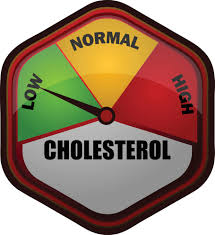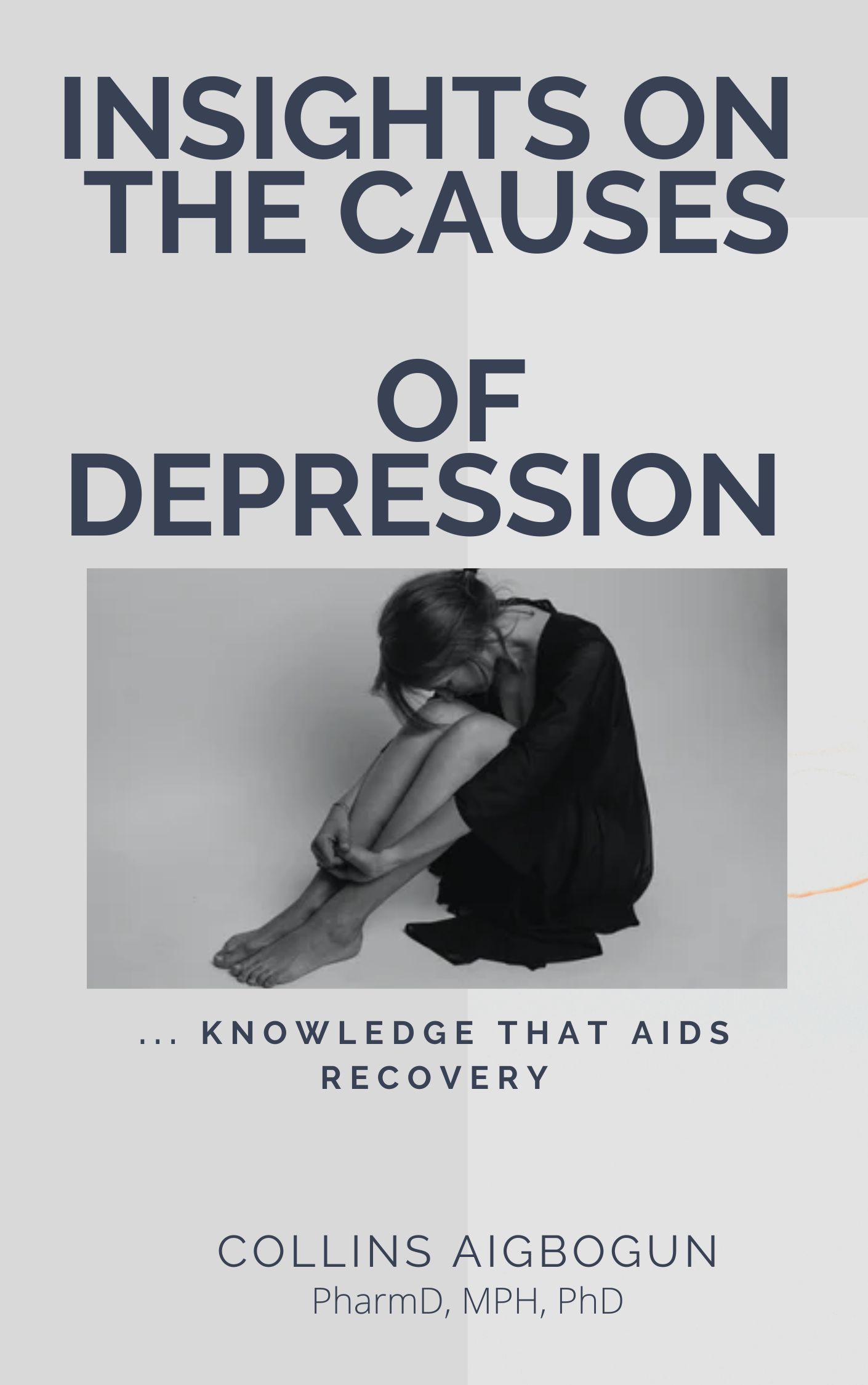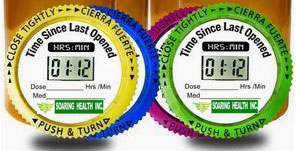Pharmacogenomic Testing Can Help When Treating Depression
Patients who struggle with depression often undergo weeks or months of trial and error to find the right antidepressant medication. During this search phase, the patient usually experiences a series of adverse events that can affect their quality of life. The good news is that pharmacogenomics (PGx) testing can help patients bypass the complicated process of trial-and-error of medications. Most patients never forget the dark days when they battled depression and a series of prescriptions. For example, most patients try antidepressants such as clonazepam and other benzodiazepines, fluoxetine and other selective serotonin reuptake inhibitors (SSRI’s), as well as other classes of medications before their physician can determine what is most appropriate for the patient.
NATURE OF THE PROBLEM
According to the Centers for Disease Control and Prevention, more than 1 in 20 Americans over the age of 12 years struggle with depression. Many of these individuals are suffering or coping with the severe side effects of these drugs. These side-effects include weight gain, nausea, sleepiness, and sexual problems. According to the Food and Drug Administration, over 2.2 million cases of adverse drug reactions occur in the United States annually, of which a significant fraction is linked to antidepressants. Also, the FDA states that adverse drug reaction is the 4th leading cause of death. We are not sure about how many patients stopped their chosen treatment for depression because of side-effects. The overall effect of discontinuing prescription medication is that the patient will have worse health and a lower quality of life.
CASE STUDY
One of our patients (Jane) tried 23 different combinations of depression medications. Finally, her psychiatrist recommended a genetic test because he was curious about why Jane was not responding to prescription drugs as expected. As soon as the psychiatrist received the report of the pharmacogenetics testing, it became evident that the patient genetic make-up does not support a fast metabolism of quetiapine (Seroquel). Still, the test report favored the use of another drug, such as aripiprazole (Abilify). As soon as the psychiatrist prescribed the preferred medication, the patient’s health improved, and the psychiatrist felt fulfilled as a professional.
Pharmacogenomics research has developed a genetic test that uses an individual’s unique DNA to predict how an individual will respond to medications. Pharmacists believe that genetics play a significant role in how people react to particular medicines. Doctors and patients should not solely rely on this method for all answers to difficult medical questions.
OUTCOME OF THE PGx INTERVENTION
In a recent study at Mayo Clinic, the researchers observed that one genetic test similar to those used in several hospitals resulted in a reduction of depression symptoms by 70% compared to treatments prescribed without genetic testing. It is an excellent way to help patients receive more benefits from the drugs that will work best for them. You can learn more by clicking here.









